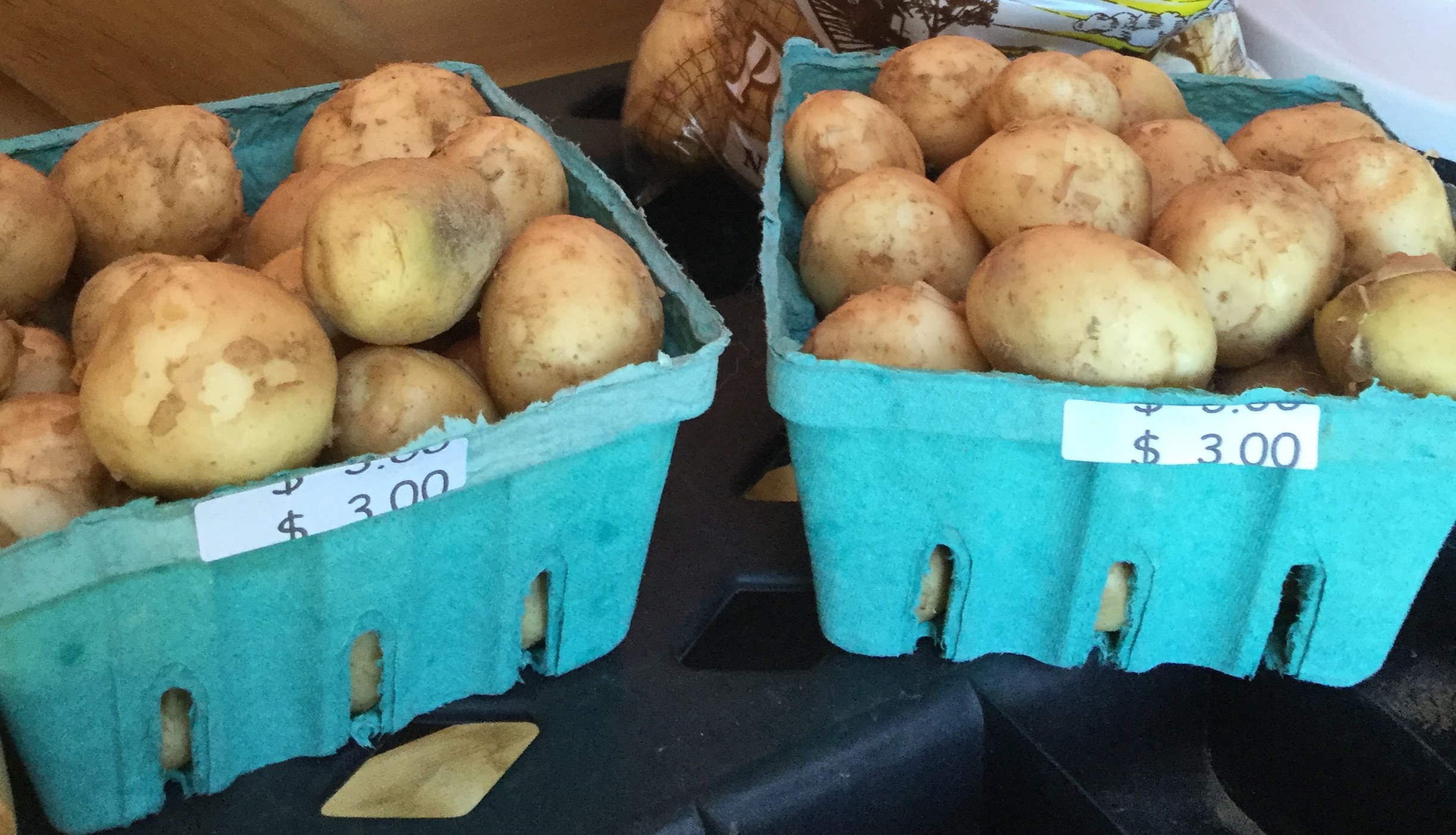
PRESQUE ISLE, Maine — After significant negotiations this summer, Congress voted for an $867 billion farm bill that has strong bipartisan support.
Lawmakers passed the final version of the 2018 U.S. Farm Bill early this month in both the U.S. Senate and House and the president signed it Friday, Dec. 20.
The measure was heavily negotiated throughout the summer, but passed in the Senate by a vote of 87-13 and by a vote of 389-47 in the House. All four members of Maine’s congressional delegation — Sens. Susan Collins and Angus King and Reps. Chellie Pingree Bruce Poliquin — voted in favor of the bill.
It includes funding and policy language on federal trade, commodity programs, rural development, conservation, agriculture research, food and nutrition programs, and marketing.
Don Flannery, executive director of the Maine Potato Board, has studied the bill extensively. He said on Monday that there are both positive and negatives aspects to the bill for the potato industry.
“I think that they have put more funding in there for farm production,” he said. “There is also more funding in there for organic farmers and it puts more emphasis on organic food, which is good.”
Flannery said he was happy that legislators had “listened to the farmers” and put more money into the bill for items like technology, which is growing exponentially in agriculture.
“They put money in there for the things that we need,” he said.
The bill also sets aside $50 million to support new, socially disadvantaged or military veteran farmers.
“I am also glad that they have additional research dollars in there,” Flannery said. “Research dollars are hard to come by. The Farm Bill also continues to help us in regards to pest control, as it is crucial for farmers to have financial assistance for that. Now, there are always areas where we could have done better or we hoped for more, but I think they made compromises and this was a good bill overall.”
- Abby Pelletier glances up from her work in September 2017 as she helps her grandparents, Dave and Bev Pelletier, sort and load potatoes at their farm in Fort Kent. (File photo/Don Eno)








